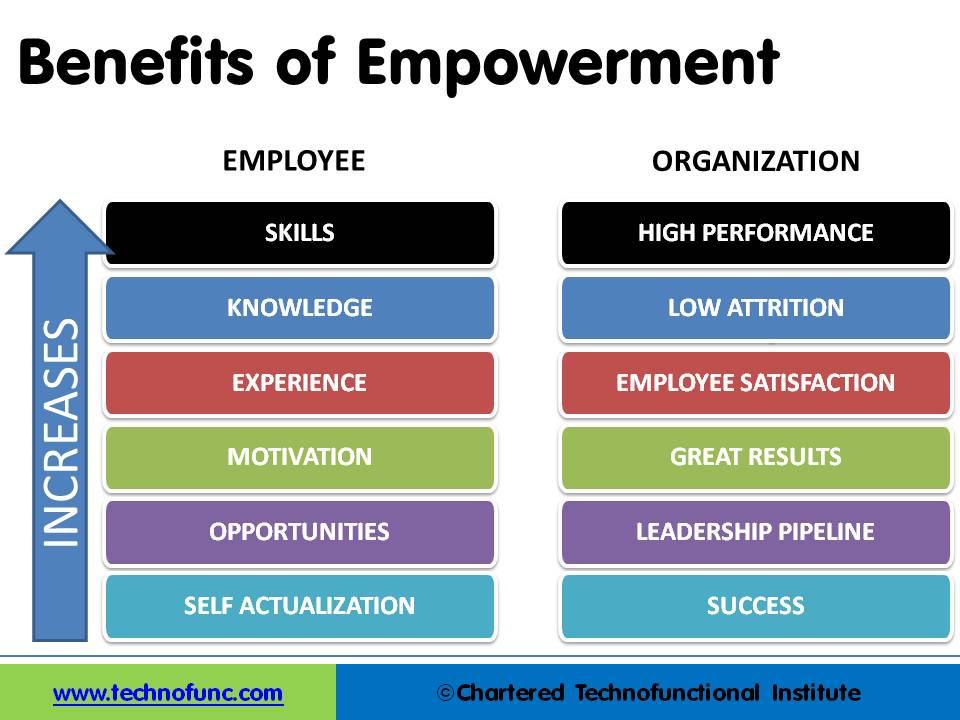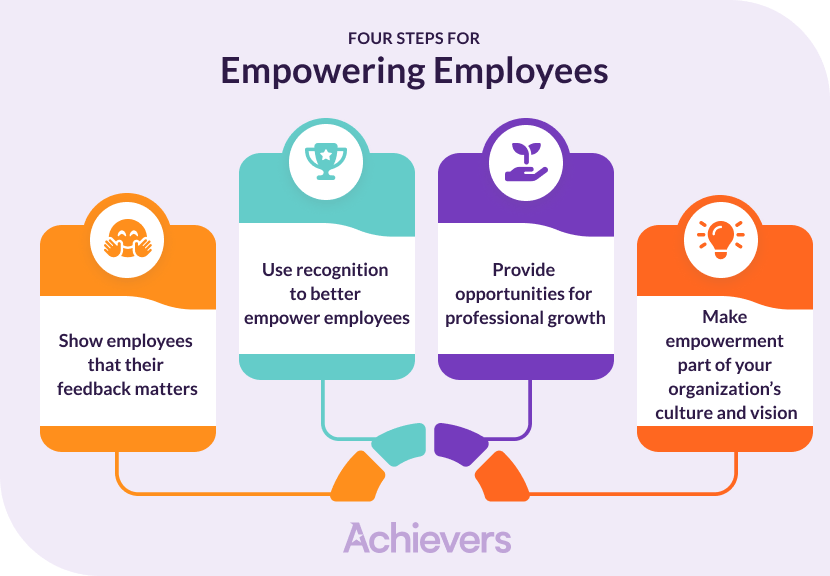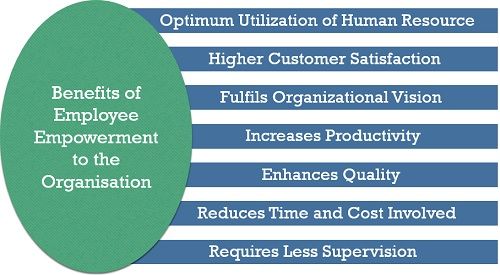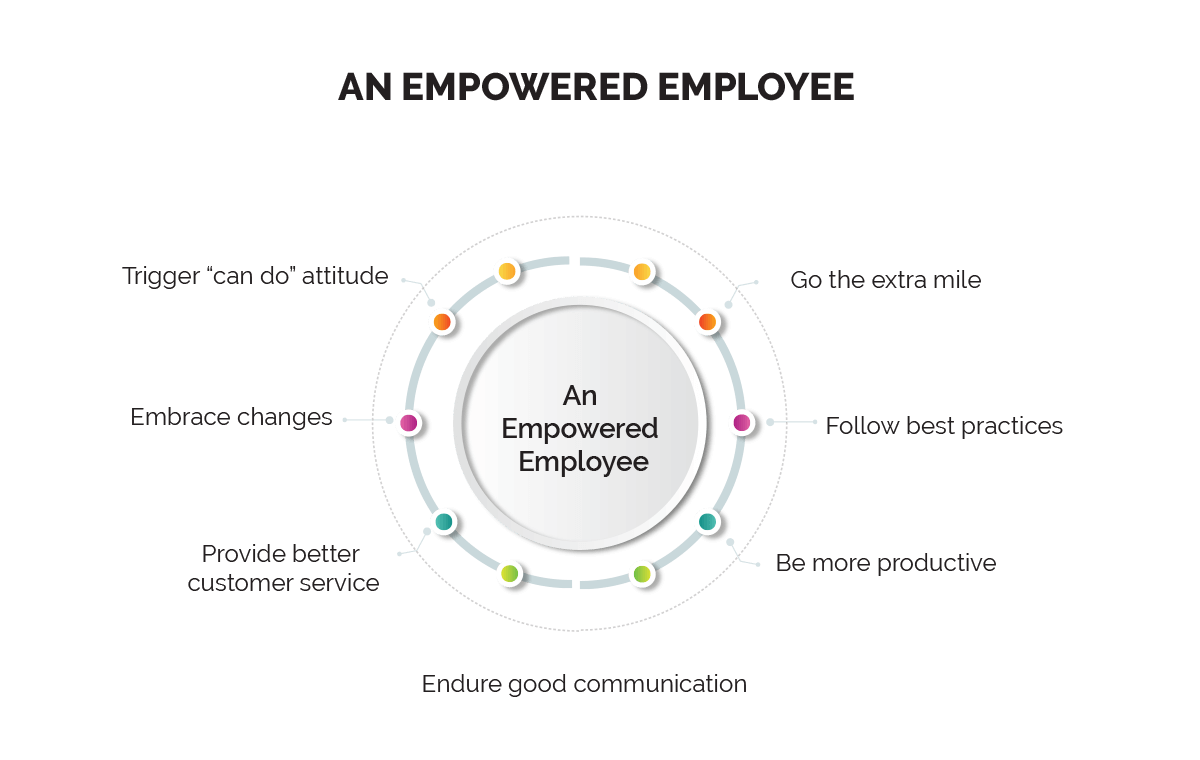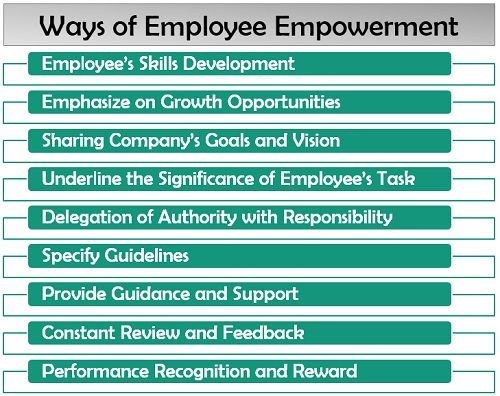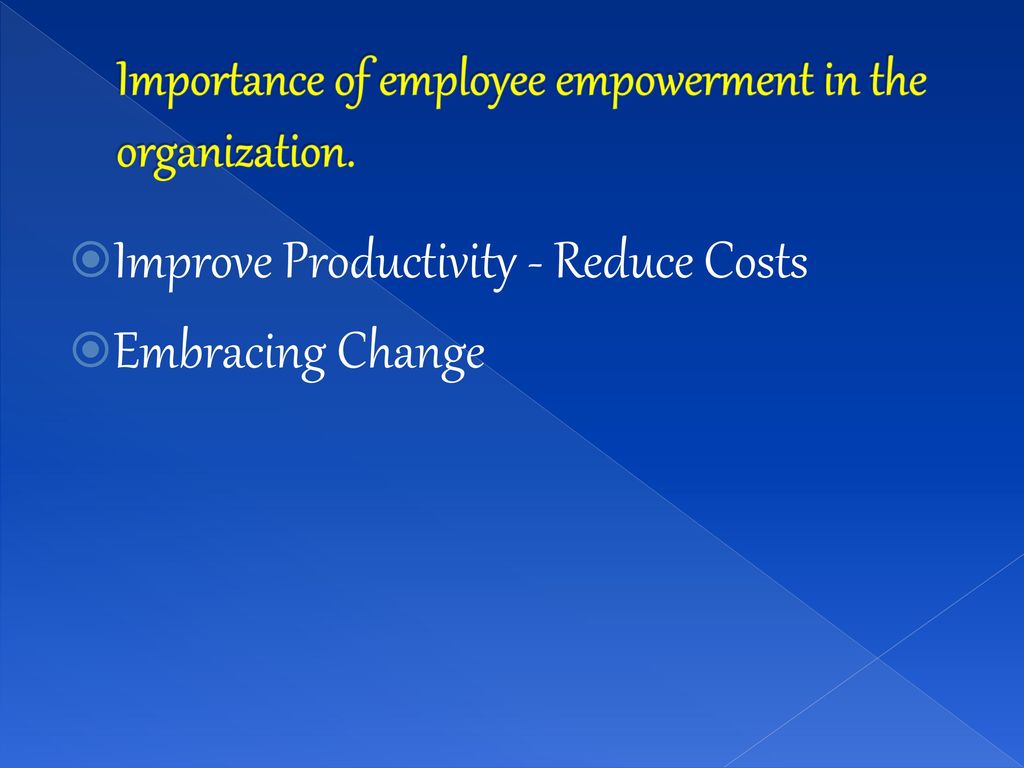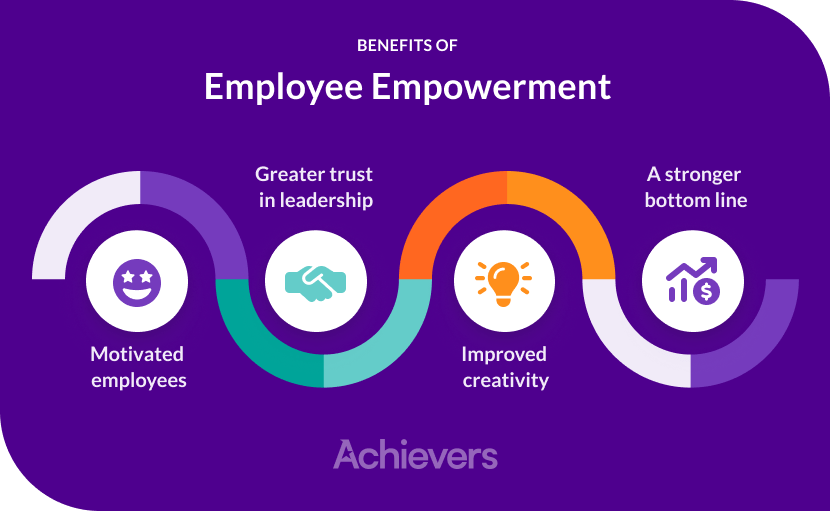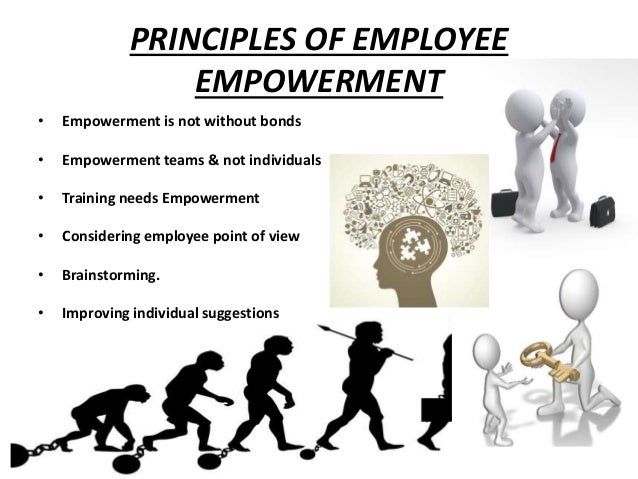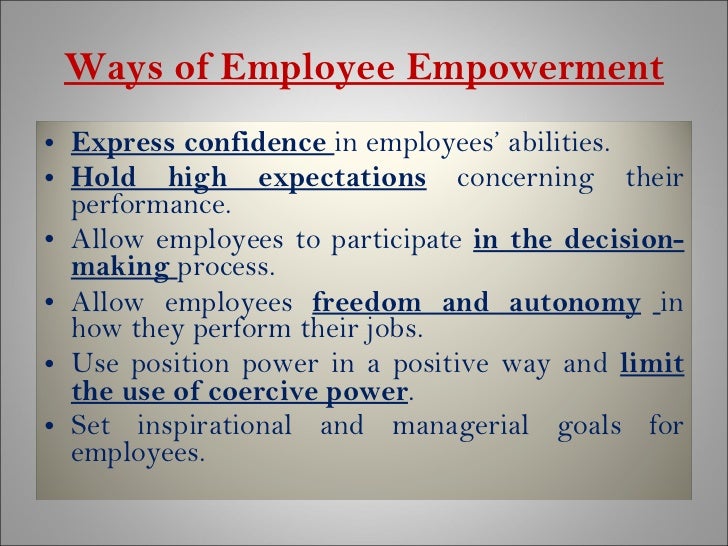Importance Of Employee Empowerment
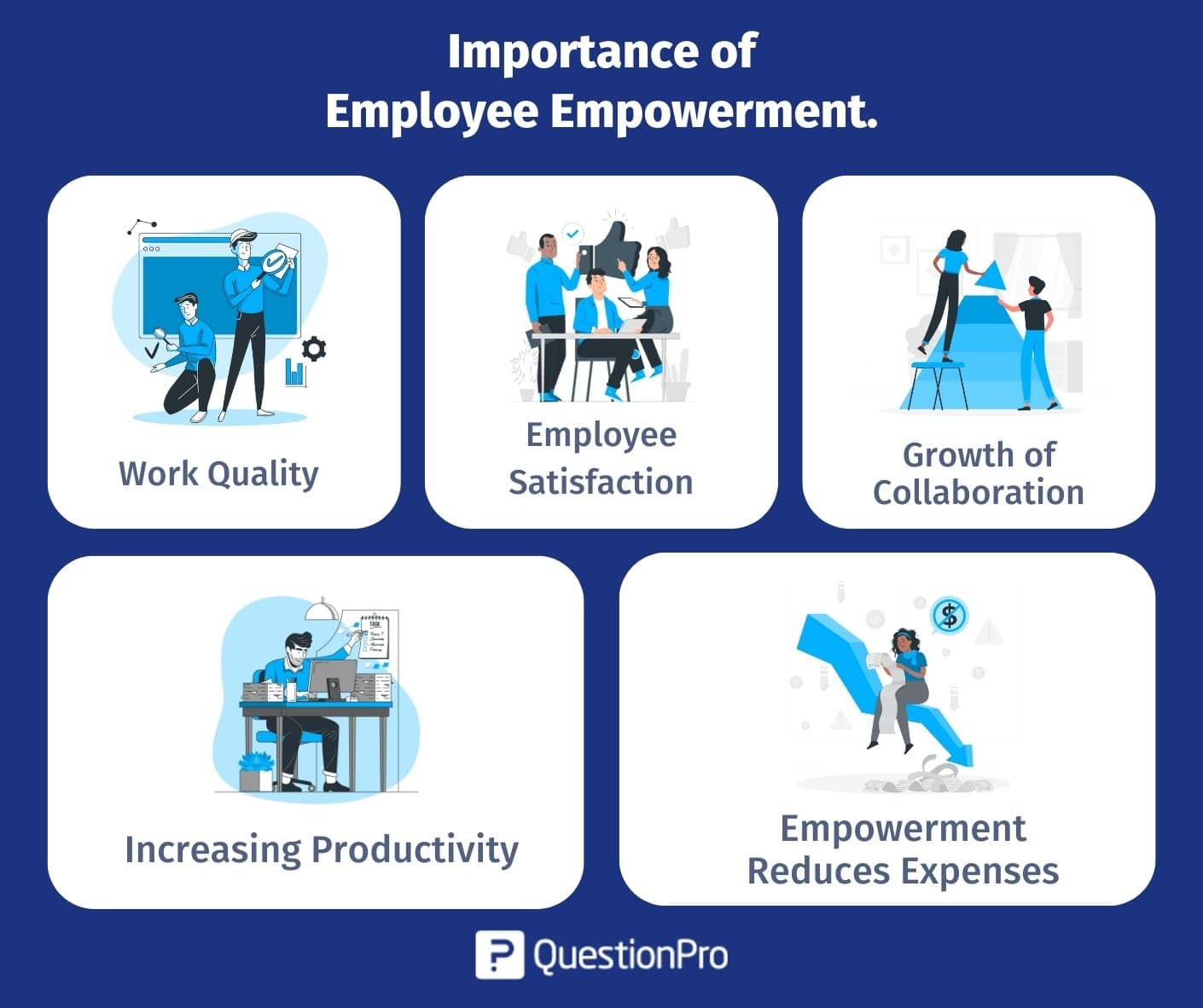
In an era defined by rapid technological advancements and evolving workplace dynamics, the traditional top-down management approach is proving increasingly inadequate. Businesses are now realizing that their greatest asset isn't just capital or infrastructure, but the collective potential of their employees.
The concept of employee empowerment, once considered a fringe idea, has moved into the mainstream, becoming a crucial strategy for organizations seeking to thrive in a competitive landscape. This shift is not merely a trend but a fundamental change in how companies understand and harness the power of their workforce.
Employee empowerment, at its core, involves giving employees the autonomy, resources, and support to make decisions and take ownership of their work. It is about fostering a culture where individuals feel valued, respected, and confident in their abilities to contribute meaningfully to the organization's success.
The Nut Graf: Why Empowerment Matters
The benefits of employee empowerment are multifaceted. Increased employee engagement, enhanced productivity, improved innovation, and reduced turnover rates are just some of the positive outcomes associated with fostering a culture of empowerment. A recent Gallup poll revealed that highly engaged teams show 21% greater profitability.
But the road to genuine empowerment is not without its challenges. It requires a fundamental shift in leadership mindset, a commitment to providing adequate training and resources, and a willingness to relinquish control.
Boosting Engagement and Productivity
One of the most significant advantages of employee empowerment is its direct impact on employee engagement. When employees feel trusted and respected, they are more likely to be invested in their work. This translates into higher levels of motivation and a greater willingness to go the extra mile.
According to research by the Society for Human Resource Management (SHRM), empowered employees demonstrate higher levels of job satisfaction and are more likely to remain with the organization long-term. This reduction in turnover rates can significantly reduce recruitment and training costs.
Moreover, empowerment can lead to enhanced productivity. When employees have the authority to make decisions related to their work, they can respond more quickly to challenges and opportunities, leading to greater efficiency. Companies like Zappos have demonstrated that a decentralized, self-managed structure can unlock tremendous productivity and innovation.
Fostering Innovation and Creativity
Employee empowerment also plays a vital role in fostering a culture of innovation. When employees feel safe to share their ideas and take risks, they are more likely to come up with innovative solutions to complex problems. Innovation is crucial for long-term survival in today's dynamic business environment.
Organizations that actively solicit employee feedback and encourage experimentation are more likely to discover new opportunities and stay ahead of the curve. Companies that foster a culture of continuous learning and development empower their employees to constantly improve their skills and knowledge, thereby fueling innovation.
A report by McKinsey found that companies with a strong culture of innovation are more likely to outperform their competitors. By empowering employees to contribute their unique perspectives, companies can unlock a wealth of creative potential.
Challenges and Implementation
While the benefits of employee empowerment are clear, implementing it effectively can be challenging. One of the biggest hurdles is often resistance from management. Leaders who are accustomed to a hierarchical, top-down approach may struggle to relinquish control and trust their employees to make decisions.
Another challenge is ensuring that employees have the necessary skills and knowledge to make informed decisions. This requires a commitment to providing adequate training and development opportunities. Furthermore, it's crucial to establish clear guidelines and boundaries to ensure that employees understand the scope of their authority.
Companies must also create a culture of accountability. Employees need to understand that they are responsible for the outcomes of their decisions. Regular feedback and performance reviews are essential for monitoring progress and providing constructive criticism.
Looking Ahead: The Future of Work
As the nature of work continues to evolve, employee empowerment will become even more critical. The rise of remote work, the increasing use of automation, and the growing demand for specialized skills are all trends that underscore the importance of empowering employees to take ownership of their roles and contribute meaningfully to the organization.
Companies that embrace employee empowerment will be better positioned to attract and retain top talent, adapt to changing market conditions, and drive innovation. They must also be prepared to adapt and evolve their strategies as needed. Continuous evaluation and improvement are key to ensuring that employee empowerment initiatives remain effective and aligned with the organization's goals.
In conclusion, employee empowerment is not just a buzzword, it is a fundamental shift in how businesses operate. By investing in their employees and creating a culture of trust and autonomy, organizations can unlock the full potential of their workforce and achieve lasting success. Employee empowerment represents the future of work, promising greater engagement, productivity, and innovation for those who embrace it.
